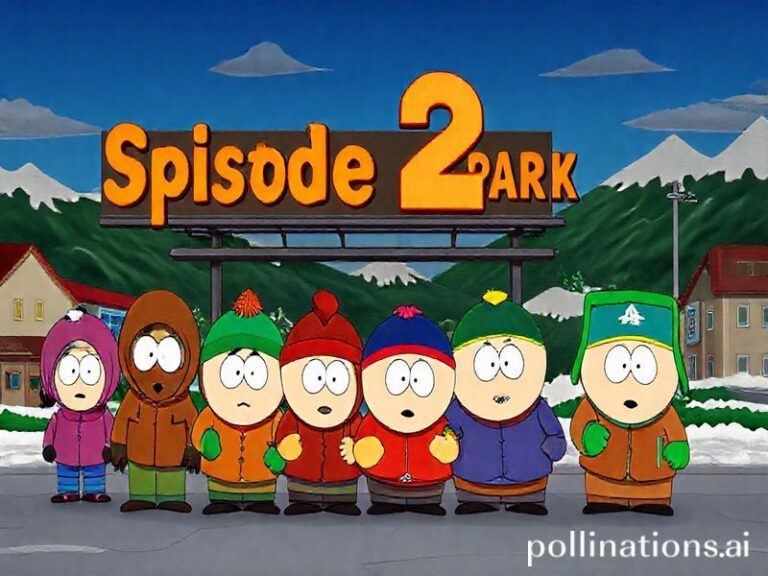From Punjab to the Planet: How Karan Aujla Turned Small-Town Grudges into Global Earworms
The Punjabi Diaspora’s Favorite Baritone: Karan Aujla and the Globalization of Revenge Pop
By Our Man in the Duty-Free Lounge
Somewhere between the 39,000-foot cruising altitude of Emirates EK215 and the fluorescent hell of LAX baggage claim, Karan Aujla’s bass line is rattling in a stranger’s AirPods. The song—“52 Bars”—isn’t technically new, yet it’s charting in Stockholm, trending in Sydney, and being lip-synced by teenagers in suburban Ohio who think “Patiala” is a brand of tequila. In the great, swirling smoothie of global pop, Aujla has become the gritty chia seed you can’t quite chew but refuse to spit out.
For the uninitiated, Karan Aujla is a 26-year-old singer-rapper from Ghurala, Punjab, who stamps Punjabi gangsta chronicles onto beats that sound like Atlanta swallowed a dhol. His lyrical résumé? Heartbreak, firearms, and a suspiciously detailed knowledge of agricultural land disputes. The twist: his core audience isn’t sweating in a Ludhiana wheat field; it’s scrolling TikTok in a Toronto basement while parents downstairs pray the mortgage holds till 2050.
GLOBAL IMPACT, OR HOW A BAR FIGHT IN BRAMPTON BECOMES CONTENT IN BERLIN
Canada alone issues about 400,000 student visas a year; roughly half are Punjabi kids who land with two suitcases and one Spotify playlist. That playlist is increasingly Aujla-heavy. Immigration officers at Pearson International now recognize his hooks the way 1990s Berlin border guards recognized Scorpions—except Scorpions never inspired WhatsApp voice notes about whose cousin really owns that Glock. The result: a feedback loop of diaspora pride, algorithmic amplification, and the kind of soft power that makes India’s Ministry of External Affairs wish it had thought of it first.
Meanwhile, Stockholm-based producer team “Farsan & Fika” just sampled “Chithiyan” for a Eurovision hopeful. In Brazil, funk carioca DJs pitch-shift Aujla’s growl to 150 BPM and call it “Punjabi Baile Funk,” which is either cultural fusion or cultural felony, depending on whom you ask on Reddit. Either way, Stockholm’s ABBA museum now displays a looping infographic titled “From Punjab to Pop: The 808 Diaspora,” right next to the gift shop fridge magnets.
THE IRONY OF THE “LOCAL” ARTIST WITH A PLATINUM PLAQUE IN PECKHAM
The joke, of course, is that Aujla never set out to be “global.” His early videos were shot in alleyways so narrow you could smell the cinematographer’s aftershave. Yet those same clips now soundtrack Dubai shopping-mall escalators where a single shawarma costs more than the village GDP he raps about. Somewhere, a venture capitalist in Palo Alto is pitching “AujlaCoin: decentralized revenge finance on the blockchain,” and somewhere else a kid in rural Haryana is learning English phonetically just to swear along with “That’s How We Roll.”
THE DARKER UNDERTONE—BECAUSE NOTHING SAYS “HIT SONG” LIKE SYSTEMIC DESPAIR
Behind the chest-thumping bravado lies a dirge for a Punjab hemorrhaging youth to foreign study visas and farm-suicide statistics. Aujla’s verses romanticize the very violence born of economic suffocation, which is convenient for streaming platforms: tragedy converts to 0.004 cents per play just as efficiently as joy. Critics call it “toxic masculinity on loop”; fans call it “therapy in 808s.” Both camps miss the point that the planet now runs on exported angst—K-Pop sells Seoul’s suicide rate, Reggaeton sells San Juan’s blackouts, and Punjabi trap sells, well, existential dread with a side of butter chicken.
CONCLUSION: THE WORLD IS SMALLER, LOUDER, AND SLIGHTLY MORE ARMED
So the next time you’re stranded at Heathrow Terminal 3 and hear a bass line that sounds like heartbreak wearing gold chains, remember: that’s not just music. It’s a 26-year-old from a village you can’t pronounce telling 300 million strangers that pain is the last exportable surplus. And thanks to the miracle of Wi-Fi, even the duty-free whiskey hums in the same minor key. Drink up—Karan Aujla already cashed the royalty check, and the algorithm is reloading.







